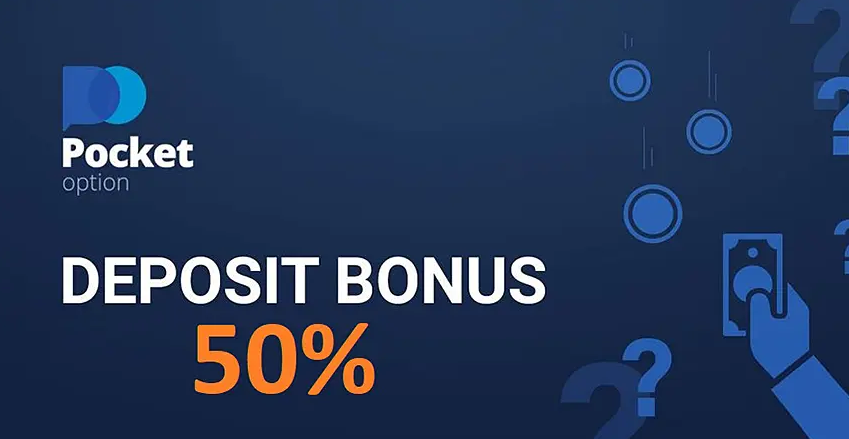
Mastering Pocket Option Trade: Strategies, Tips, and Insights
In the dynamic world of online trading, pocket option trade промокод Pocket Option has emerged as a popular platform for both novice and experienced traders. This article aims to provide a comprehensive overview of Pocket Option trade, its features, strategies, and how to maximize your trading potential. Understanding how to effectively navigate this platform can lead to significant profitability, making it essential for traders to equip themselves with the right tools and knowledge.
What is Pocket Option?
Pocket Option is a binary options trading platform that has gained traction due to its user-friendly interface, quick trading processes, and a wide array of assets to trade. It allows traders to engage with various types of financial instruments including forex, commodities, cryptocurrencies, and stocks. The platform was established in 2017 and has since attracted a global audience, providing access to both beginner and experienced traders.
Getting Started with Pocket Option Trade
Before diving into trading, it’s important to understand the basics of the platform. Here’s how you can get started:
- Create an Account: Sign up on the Pocket Option website by filling out a simple registration form.
- Fund Your Account: Deposit funds using various payment methods such as credit cards, e-wallets, and cryptocurrencies.
- Explore the Platform: Familiarize yourself with the dashboard, tools, and resources available for traders.
- Start Trading: Choose an asset and begin your trades based on your market analysis.
Understanding Binary Options
Binary options trading involves predicting whether the price of an asset will rise or fall within a specific timeframe. The simplicity of this form of trading—where you either win or lose based on your prediction—makes it appealing. Here are the basic types of options available on Pocket Option:
- High/Low Options: Predicts whether the asset price will be higher or lower than the current price at the expiration time.
- Touch/No Touch Options: Involves predictions about whether the price will touch a certain level before expiration.
- Range Options: Traders predict whether the asset will stay within a range of prices or not before expiration.
Developing Trading Strategies
To succeed in Pocket Option trade, developing a solid trading strategy is crucial. Here are some popular strategies that can be applied:
1. Trend Following Strategy
This strategy involves analyzing market trends and making trades in the direction of the trend. Traders look for upward trends (bullish) to buy options and downward trends (bearish) to sell options.
2. Support and Resistance

Identifying support and resistance levels can help traders determine optimal entry and exit points. Support refers to a price level where an asset tends to find buying interest, while resistance is where selling interest emerges.
3. News Trading
Economic news and events can significantly impact market volatility. Traders who follow news releases can make informed decisions, taking advantage of quick price movements that follow significant announcements.
4. Risk Management Strategies
Effective risk management is essential for long-term success in trading. Traders need to set limits on how much they are willing to risk on each trade and diversify their investment across different assets.
The Importance of Analysis
Analysis plays a vital role in trading effectively on Pocket Option. Traders typically use two main types of analysis: fundamental analysis and technical analysis.
Fundamental Analysis
This method involves evaluating economic indicators, news reports, and financial statements to predict price movements. Understanding macroeconomic factors can provide traders with insights into market trends.
Technical Analysis
Technical analysis relies on historical price data and market statistics to forecast future price movements. Traders utilize charts, indicators, and patterns to make informed decisions.
Using Trading Tools and Indicators
Pocket Option provides various tools and indicators to aid traders in their decision-making processes. Commonly used indicators include:
- Moving Averages: These assist in smoothing out price data, helping traders identify trends and reversals.
- MACD (Moving Average Convergence Divergence): This momentum indicator indicates the strength and direction of a trend.
- Bollinger Bands: These show volatility levels and help traders identify overbought or oversold conditions.
Conclusion
Engaging in Pocket Option trade can be both rewarding and challenging. It requires understanding the platform, developing effective strategies, and applying sound risk management practices. By leveraging the tools and resources available, traders can position themselves for success. Always remember to stay informed, adapt to market changes, and continuously refine your trading approach to achieve optimal results. With the right mindset and strategies, Pocket Option can serve as a powerful platform for your trading journey.